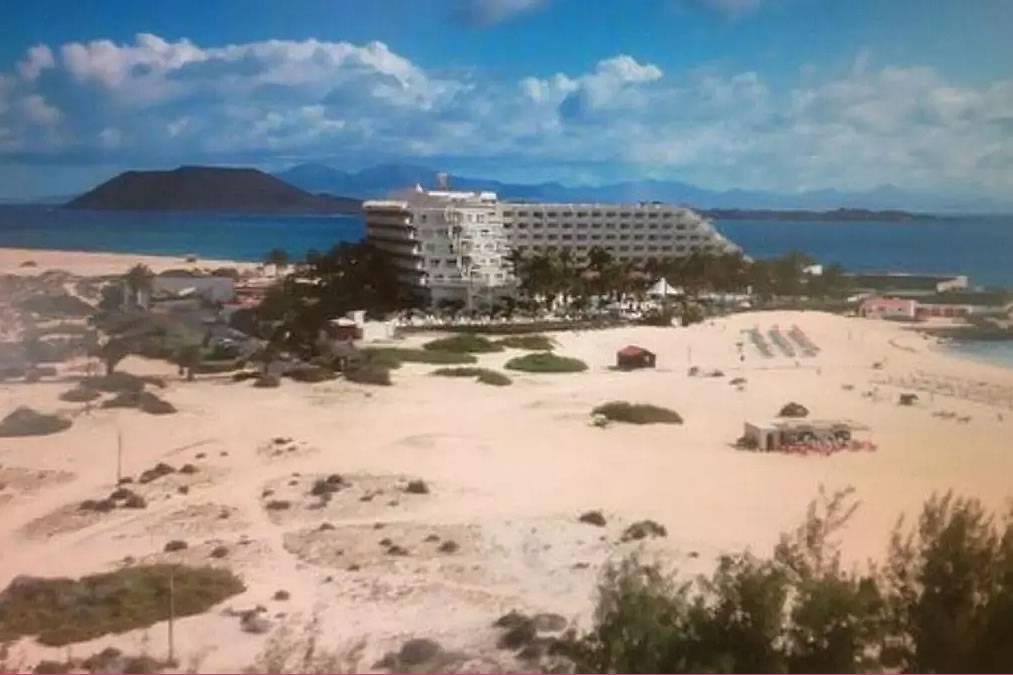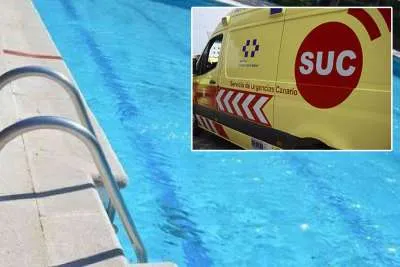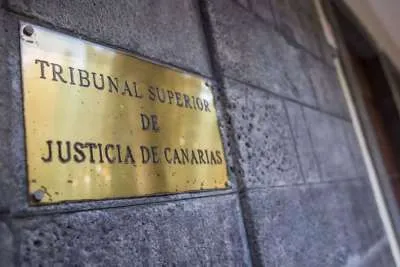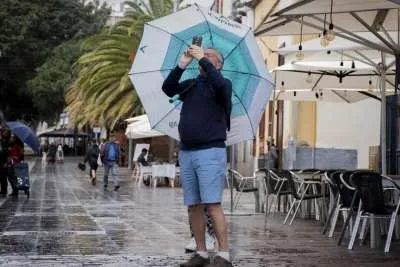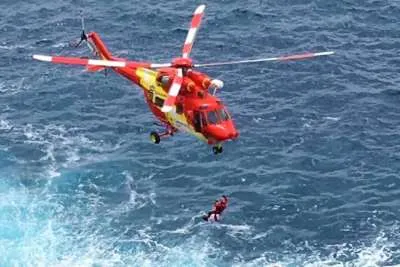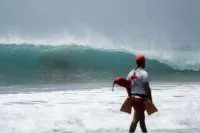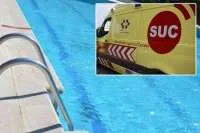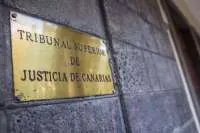Environmental group demands immediate demolition of two RIU Hotels in Corralejo Dunes
- 13-05-2025
- Fuerteventura
- Canarian Weekly
- Photo Credit: Trip Advisor
Environmental organisation Turcón Ecologistas en Acción has called for the immediate demolition of two hotels operated by the RIU hotel chain that are located within the protected natural area of the Corralejo Dunes in Fuerteventura.
The group denounces what it describes as the illegal and unjustified occupation of public coastal land, calling it an environmental assault.
The demand comes in the wake of a recent ruling by Spain’s Constitutional Court, which gave the green light for the demolition of the controversial developments, including Hotel Oliva Beach and Hotel Tres Islas. Both are situated within the Maritime-Terrestrial Public Domain, where construction is strictly regulated under coastal protection laws.
In a strongly worded statement, Turcón expressed its “deep indignation” at the continuing presence of these buildings, accusing authorities of favouring corporate interests over environmental protection and the public good.
"Two Scandalous Situations"
According to Turcón, Spain’s Ministry for the Ecological Transition and Demographic Challenge recently acknowledged “two scandalous situations” involving the hotels. In a resolution dated 23rd February 2024, the Secretary of State for the Environment, Hugo Morán, ordered Geafond Número Lanzarote SA, the company holding the concession for Oliva Beach, to dismantle and remove the hotel due to multiple violations identified by the regional coastal authority.
Despite this order, Turcón states the hotel continues to operate illegally, occupying protected land and causing “irreversible environmental damage.” The group is now demanding the immediate execution of the order, including full demolition and ecosystem restoration at the expense of RIU Hotels.
Regarding the Hotel Tres Islas, Turcón claims the revocation process lapsed “due to administrative negligence,” even though it was initiated in July 2023. The group decries the failure to enforce legal deadlines, saying this effectively benefits the hotel operator while undermining environmental regulation.
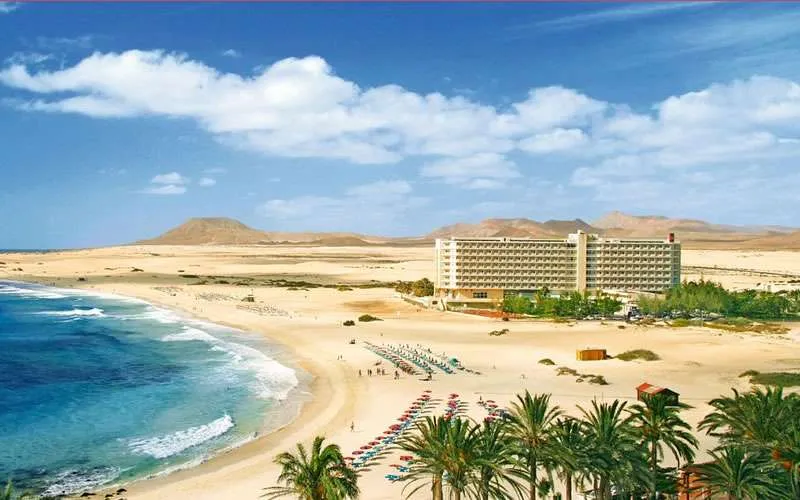
A Broader Policy Failure
For Turcón, these cases highlight what it sees as a broader systemic issue: the failure of coastal policy enforcement in the Canary Islands. The organisation accuses the authorities of being “incapable of upholding the law in the face of pressure from the tourism lobby.”
The group insists that RIU Hotels cannot continue to “exploit natural and public land for profit while degrading the collective environmental heritage.”
Mobilisation Against Mass Tourism
Turcón is urging the public to take part in planned protests on Sunda (18th May), aimed at opposing mass tourism and demanding a more sustainable development model for the Canary Islands.
The growing environmental backlash reflects a wider debate in the region about tourism’s impact on fragile ecosystems and public space, as the Canary Islands continue to grapple with balancing economic reliance on tourism with environmental and community concerns.
Other articles that may interest you...
Trending
Most Read Articles
Featured Videos
TributoFest: Michael Buble promo 14.02.2026
- 30-01-2026
TEAs 2025 Highlights
- 17-11-2025


